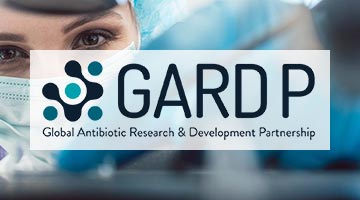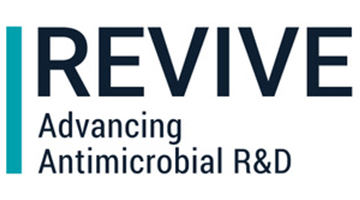Antibiotic resistance is a global medical problem
The global burden associated with drug-resistant infections assessed across 88 pathogen–drug combinations in 2019 was an estimated 4·95 million deaths, of which 1·27 million were directly attributable to drug resistance. In other words, if all drug-resistant infections were replaced by no infection, 4·95 million deaths could have been prevented in 2019, whereas if all drug-resistant infections were replaced by drug-susceptible infections, 1·27 million deaths could have been prevented. By any metric, antibiotic resistance is a leading global health issue, ahead of both HIV and malaria. Bacterial resistance all-age death rates were highest in some low-middle-income-countries, making antibiotic resistance not only a major health problem globally but a particularly serious problem for some of the poorest countries in the world.
Intervention strategies for addressing the challenge of resistance fall into five main categories. First, the principles of infection prevention and control remain a foundation for preventing infections broadly and a cornerstone in combating the spread of antibiotic resistance. Second, preventing infections through vaccinations is paramount for reducing the need for antibiotics. Third, reducing exposure to antibiotics unrelated to treating human disease is an important potential way to reduce risk. Fourth, minimising the use of antibiotics when they are not necessary to improve human health. Fifth, maintaining investment in the development pipeline for new antibiotics, and access to second-line antibiotics in locations without widespread access, is essential.
Global burden of bacterial antimicrobial resistance in 2019: a systematic analysis.
Antimicrobial Resistance Collaborators. Published Online January 20, 2022





